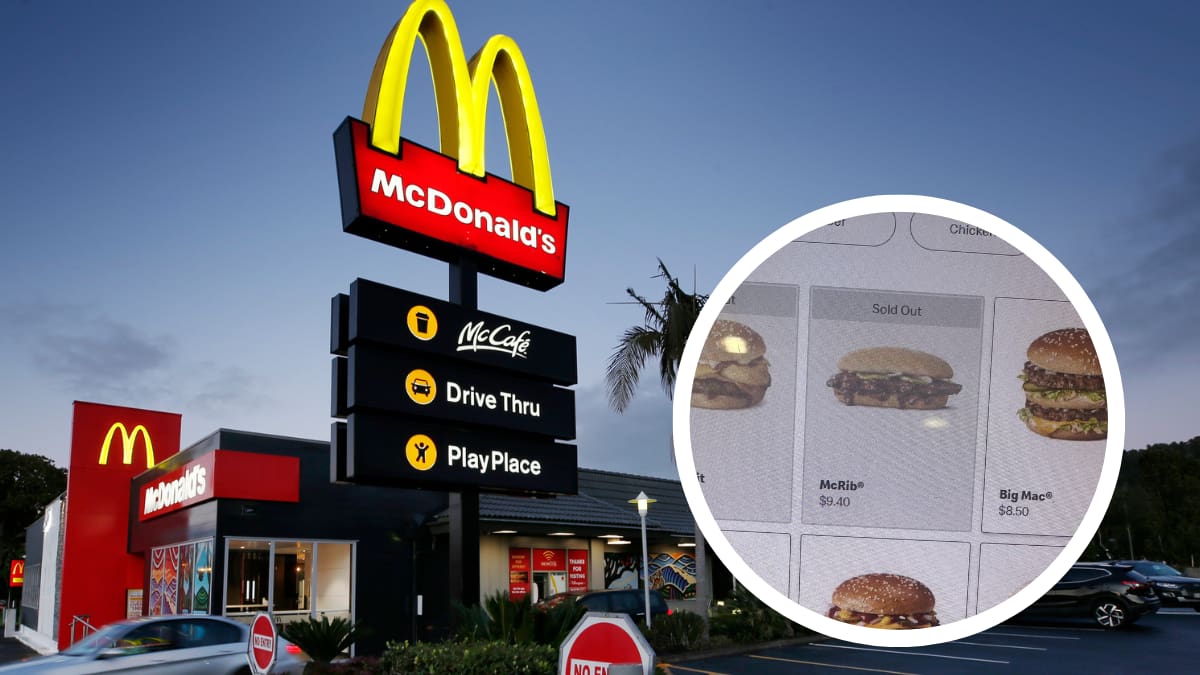Plant versions of burgers, sausages, meatballs, mince or “chicken” are based on plant protein foods like legumes, grains or mycoprotein, a meaty ingredient created by fermenting the threads of roots of edible fungi. (Most mycoprotein products in Australia are made by Quorn, though it’s worth noting not all these products are vegan.)
Pros: Convenient and – compared to meat – with less saturated fat and the benefit of fibre. Some studies suggest the carbon footprint of plant-based meat is lower than that of animal meat, but there’s insufficient data to be sure, says Dr Crispin Howitt, who leads the CSIRO’s Future Protein Mission. Some research also suggests mycoprotein is more sustainable than beef, with GHG emissions similar to chicken and pork, but with less use of land and water. Unlike legumes, mycoprotein contains all nine essential amino acids.
Cons: These products are a mixed bunch. Some – but not all – are high in salt, contain additives and are very processed. (With mycoprotein foods, there have also been some reports of adverse reactions, though these are rare, according to Food Standards Australia and New Zealand.) Choosing healthier products means finding those with less sodium, a high content of whole foods like legumes and grains, but without a long list of unfamiliar ingredients. The fact that many plant meats are highly processed also raises questions about sustainability, given that food processing contributes to GHG emissions, says Raubenheimer.
“I think the solution to much of the world’s food related problems is in shifting the balance away from more highly processed foods and animal products to less processed foods, principally plant foods, including whole or canned legumes,” he says.
Protein content: Varies from product to product, but typically from around 12 grams to 20 grams of protein per 100 grams. (This is compared to around 30 grams of protein per 100 grams for grilled steak and around 28 grams per 100 grams baked chicken.)
Insect pasta, anyone?
Edible insects are the second most climate friendly option after legumes, says Raubenheimer.
Loading
And yet, we lag far behind Europe when it comes to embracing them, says dietitian Nicole Senior.
“They’re a surprise package – they contain high-quality protein, are a source of vitamins and minerals like riboflavin, vitamin B12 and calcium, and have healthy fats and fibre,” she says. “Crickets are the most common insect food available, often as a powder to use in baking and smoothies or added to burgers based on legumes. There are also cricket-enriched products like pasta or granola.”
Pros: “They’re highly sustainable, use less land and less water and produce fewer GHGs compared to meat – and can be fed on waste from the food industry,” says Raubenheimer.
Cons: For some, eating insect products will take some getting used to. “We need to build acceptance by adding them to familiar foods like pasta,” says Senior.
There is also a risk of allergy, she adds. “People who are allergic to shellfish such as prawns are usually allergic to insects as they’re all arthropods.”
Protein content: Cricket powder includes 68.5 grams of protein per 100 grams.
The future of protein: “No-kill” meat and kinder dairy
Australia’s first taste of cultivated (“lab-grown”) meat produced from cells – not slaughter – could be quail from Sydney-based company Vow which hopes to have the product approved next year. The process involves growing meat from animal cells in bioreactors that look like the vats used in brewing.
Chicken produced by GOOD Food, a US company making cell-based meat, has a similar protein content to traditional chicken, but whether the carbon footprint of cultivated meat is lower than conventional meat isn’t clear yet.
“We can’t reliably compare its footprint until the industry is more established,” says Howitt. It’s also expensive, with a San Francisco restaurant reportedly charging $US150 for a meal featuring cell-based chicken.
Meanwhile, the CSIRO and Sydney-based company Eden Brew are developing animal-free “milk” and dairy products via precision fermentation. This product uses biotechnology to engineer microbes to produce substances that are identical to those in dairy food, with the same protein content. Eden Brew expects to launch its own animal-free ice cream in 2024 and will use less water to make animal-free milk compared to dairy and plant-based alternatives, according to chief executive Jim Fader.







